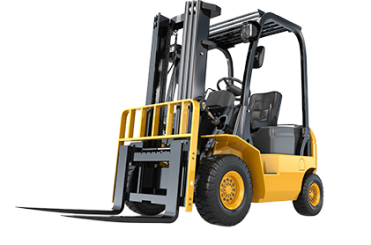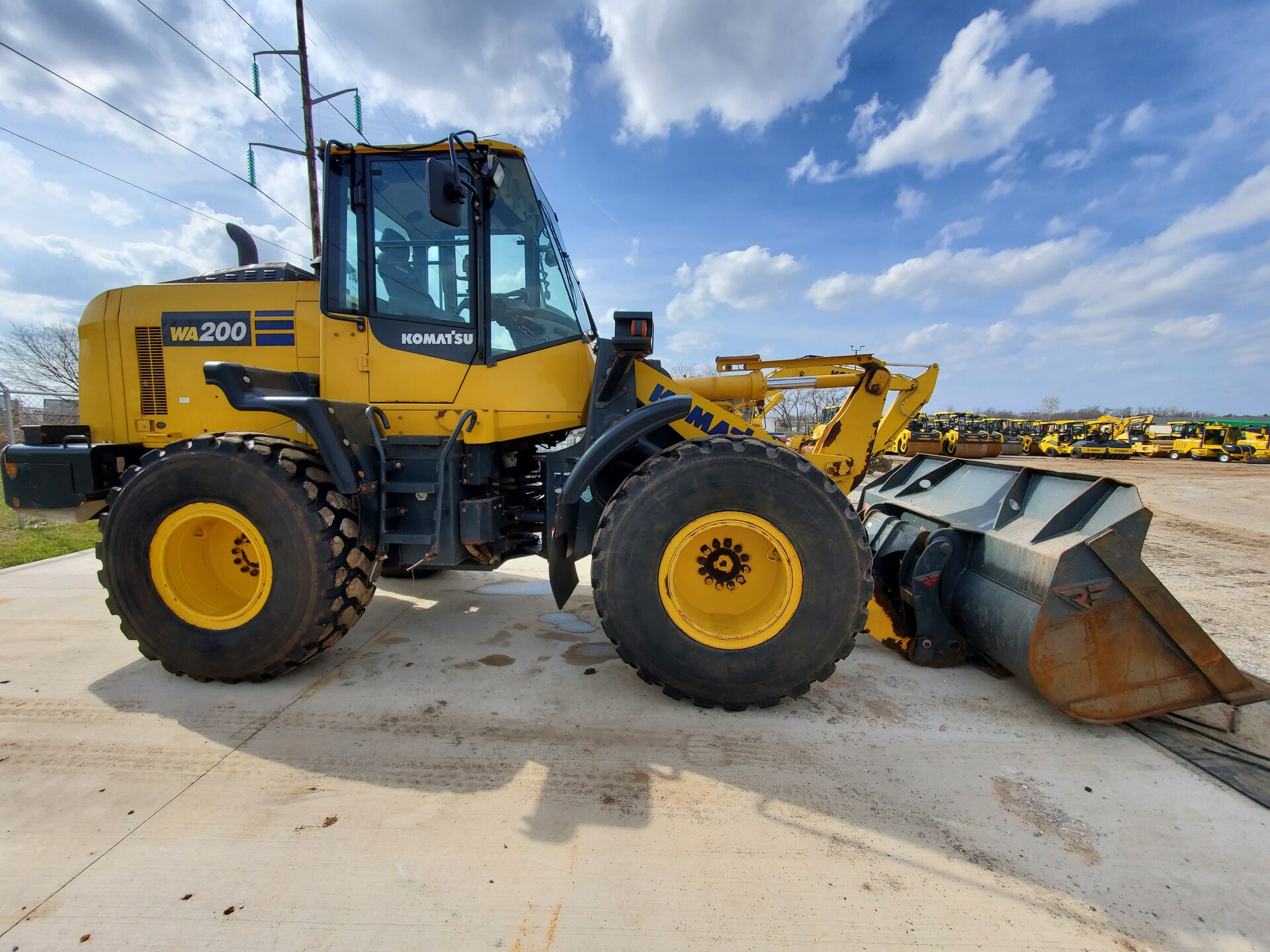Reputable Construction Equipment Rentals: Rent Scissor Lifts, Boom Lifts, and More from Us
Reputable Construction Equipment Rentals: Rent Scissor Lifts, Boom Lifts, and More from Us
Blog Article
Important Tips for Handling Hefty Tools Rental Agreements and Logistics Successfully
Properly handling heavy equipment rental agreements and logistics is important for the success of any type of project that counts on these resources. A complete understanding of rental terms, coupled with exact assessment of equipment demands, lays the foundation for desirable negotiations.
Understand Rental Terms
Understanding rental terms is necessary for effective hefty tools monitoring. Knowledge with the details terms of a rental agreement can considerably impact operational performance and cost-effectiveness. Secret parts usually include rental period, repayment structure, and upkeep responsibilities. The rental duration specifies the duration for which the devices is leased, influencing budgeting and job timelines. Settlement frameworks commonly vary, encompassing daily, weekly, or regular monthly rates, which require precise computations to prevent unforeseen costs.
Additionally, it is important to understand the upkeep commitments detailed in the agreement. Usually, rental companies maintain the tools, however understanding who is in charge of routine checks and repairs is vital to avoid operational disturbances. Furthermore, terms might consist of conditions worrying obligation for problems or theft, which can have significant economic implications if not properly recognized.

Assess Equipment Needs
Analyzing tools needs is a critical action for any kind of project supervisor aiming to enhance resource allowance and enhance operational performance. This procedure entails an extensive analysis of the job needs, consisting of specific tasks, timelines, and the kind of equipment necessary to accomplish preferred end results.
Begin by determining the extent of the job and the tasks that will be executed. Think about aspects such as the terrain, the scale of operations, and any prospective difficulties that can affect equipment choice. Involving with employee who will certainly operate the machinery can offer valuable insights right into useful needs and choices.

Next, examine the ability and capabilities of available equipment alternatives. It is important to match the best tools to the tasks handy, making certain that it can manage the anticipated work without compromising security or performance.
Furthermore, consider the rental duration and regularity of use. Recognizing these aspects can assist identify whether buying or renting out is the most cost-effective remedy. By conducting an extensive analysis of equipment needs, job supervisors can make educated choices that lead to improved performance and lowered functional expenses.
Negotiate Successfully
Once the equipment requirements are plainly identified, the following step involves efficient settlement with rental business to protect favorable terms. Begin by researching numerous rental business to understand their prices structures, stock schedule, and online reputation.
When coming close useful content to the arrangement table, be clear regarding your requirements, including the type of equipment, rental period, and any type of additional services you might require. This openness enables rental firms to supply tailored remedies that can satisfy your particular needs (aerial lift rental). Don't wait to request for discounts, especially for lasting rentals or bulk orders, as several firms are ready to use giving ins to safeguard larger contracts
These aspects can significantly affect the overall price and ought to be explicitly laid out in the rental contract. Make sure that all agreed-upon terms are documented in creating to stop misunderstandings and safeguard your passions throughout the rental duration.
Coordinate Transport Logistics
Working with transport logistics is a vital aspect of managing hefty equipment rental arrangements. Effective transportation makes certain that devices see post is supplied on schedule and in optimal condition, consequently minimizing downtime and enhancing task effectiveness. To achieve this, it is vital to develop a thorough logistics plan that lays out the whole transportation procedure from pick-up to delivery.
Begin by analyzing the details transport demands based on the type and dimension of the equipment involved - aerial lift rental. Engage with trusted transportation companies that focus on hefty equipment to ensure they have the essential competence and devices, such as flatbed trucks or specialized trailers. Review elements such as weight limitations, course constraints, and needed licenses to avoid unexpected delays
Additionally, maintain open communication with both the rental firm and the transportation copyright to coordinate timetables effectively. Validate all details, consisting of pickup and drop-off times, to ensure everyone is straightened and prepared. Lastly, establish contingency strategies to resolve any kind of potential interruptions, such as unfavorable weather condition or website traffic conditions, which might affect the transport timeline. By thoroughly collaborating transportation logistics, you can maintain the integrity of your rental agreement and facilitate smooth project execution.
Prepare For Maintenance and Support

In addition, it is essential to communicate directly with the rental service provider relating to upkeep duties. Some contracts may consist of maintenance as part of the rental solution, while in various other instances, the onus might fall on the occupant. Recognizing these terms will help stay clear of unanticipated costs and responsibilities.
In addition, having access to technological support can be invaluable. Guarantee that the rental company supplies 24/7 support or an emergency contact, enabling for quick resolution of any type of equipment problems. Training your team on appropriate devices usage and regular checks can likewise significantly improve operational effectiveness.
Final Thought
In verdict, reliable management of heavy tools rental agreements and logistics hinges on a thorough understanding of rental terms, specific analysis of devices requirements, and proficient arrangement abilities. Stressing clear interaction with all stakeholders remains vital in navigating the intricacies of devices leasing and logistics administration.
Properly handling hefty equipment rental contracts and logistics is crucial for the success of any type of task that relies on these sources. By thoroughly reviewing and recognizing these rental terms, services can make enlightened choices, minimize dangers, and make certain that their heavy tools management lines up with task goals and monetary restraints.Coordinating transportation logistics is a critical facet of managing heavy devices rental arrangements.In final thought, efficient monitoring of heavy tools rental agreements and logistics hinges on a thorough understanding of rental terms, specific assessment of tools requirements, and adept settlement skills. Stressing clear interaction with all stakeholders stays critical in browsing the complexities of tools rental and logistics administration.
Report this page